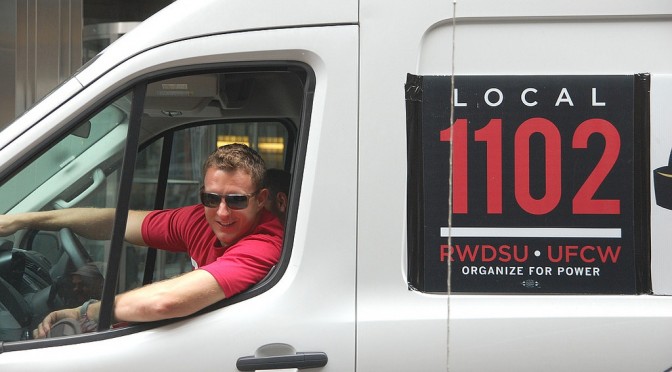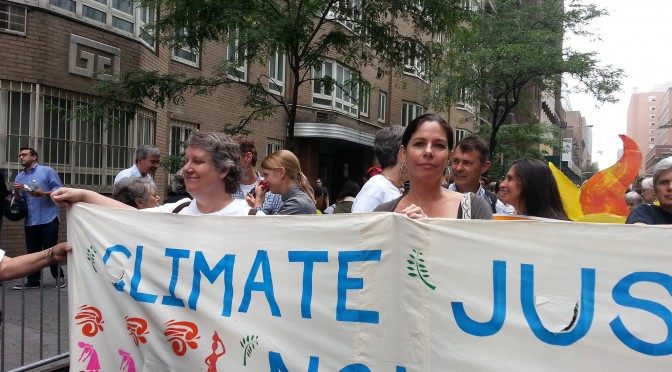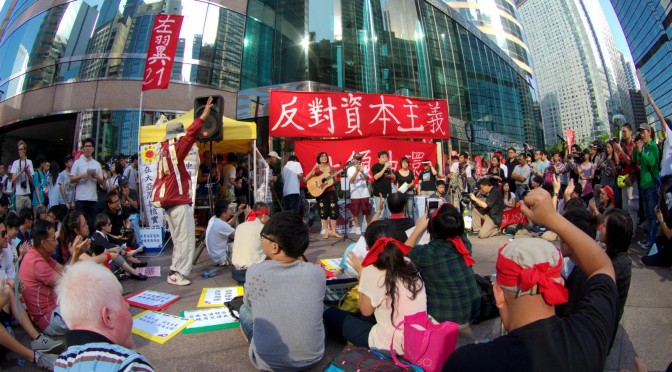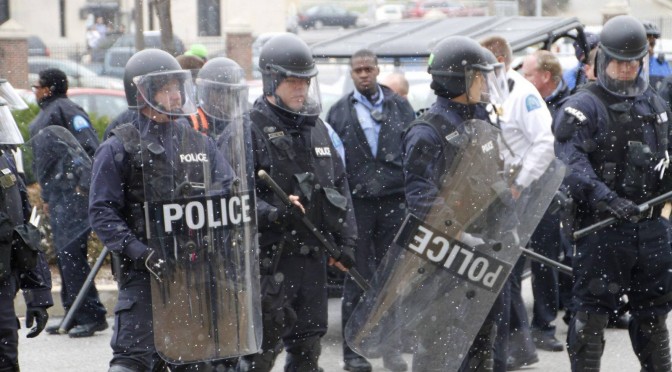Last week, professors joined workers, community members and students who have been waging an 8-month contract battle with Utrecht Art Supplies, a conglomerate of Blick Art Materials. The activists served management with a petition demanding that Utrecht move forward on a contract and supporting the workers’ right to unionize and earn fair pay.
Murphy Prof. Stephanie Luce explained the struggles of low-wage workers, many of whom are students, in work environment like Utrecht’s:
“A lot of the students have a hard time just covering their tuition because they work in these low-wage jobs…They also work at a lot of jobs that have unpredictable schedules so it’s even hard for them to make it to class.”
For the full story, visit LaborPress.org.






